After my journey through the British Isles, I will head south through the heart of Western Europe, diving into the literature of the Germanic countries: Germany, Austria, Switzerland, and the tiny nation of Liechtenstein.
I’ve read my share of German-language literature already. Much of it was required reading in Danish schools, since Germany is our closest neighbour, and the fantasy book (and film) The Never-ending Story was a childhood favourite of mine. Aside from that I have a very long list of must-read German classics I never got around to read. Maybe now is the time?
But as always, before I open the first book, let’s take a little tour of the region!
So where exactly are we going?
The German speaking part of Europe stretches from the North Sea coastlines to the towering snowcapped peaks of the Alps. Here you’ll find everything from sprawling forests and rolling vineyards to glittering lakes and fairy-tale villages. The large cities are places where you can stroll past medieval cathedrals one moment and check out contemporary art installations the next.
Over the next five weeks, I will be reading books from these four places:
Germany – Literary powerhouse of the world
Germany is a country of contrasts — bustling metropolises, sleepy half-timbered towns, towering mountains, and dark, enchanting forests (which inspired many of the Grimm fairy tales). The north opens to windswept coasts and the mudflats of the Wadden Sea. The Rhine river winds past castles that look like they belong on the cover of a fantasy novel. Berlin, the capital, is a hip and modern destination, with memories of its complicated history on every street corner.
German literature is a vast treasure trove. Goethe’s explorations of ambition and the human soul, Mann’s sprawling family sagas or Hesse’s philosophical journeys? One of the thousands of books that explore the country’s turbulent and war-torn history and the atrocities committed during the Nazi regime? One of the many modern stories exploring German identity or the immigrant perspective. Or maybe some German fairytales or some epic fantasy?
If, like me, you have trouble choosing, maybe visit the world’s largest book fair, held annually in Frankfurt. Book lovers, take note!
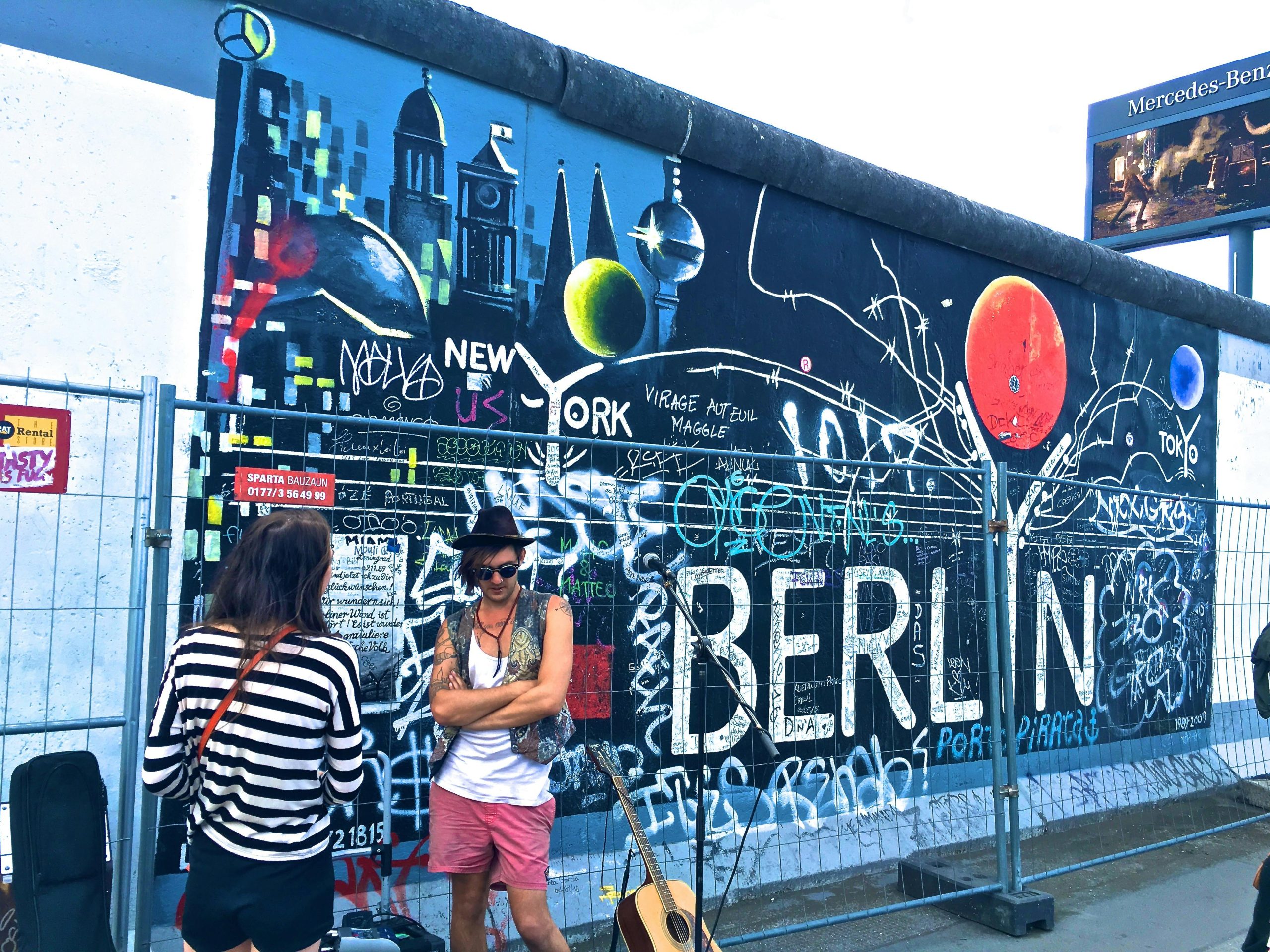
Austria: Classical tunes and Café Culture
South of Germany we enter into Austria. Picture alpine meadows dotted with cows, quaint villages with breathtaking views, baroque cities with ornate facades, and cozy cafés where the locals linger for hours.
Vienna, the elegant capital, was once the center of a vast empire, and you can feel the echoes of that imperial past in its grand boulevards and opulent palaces, as well as in the country’s literature. Amid the mountains you’ll also find Salzburg – famously the birthplace of Mozart (and the backdrop for The Sound of Music if that’s more your style). In summer, the highways near Innsbruck, where peaks seem to rise straight from the city streets, become bottlenecks, as cars full of sun-seeking northern Europeans like myself flock towards the beaches of Italy.
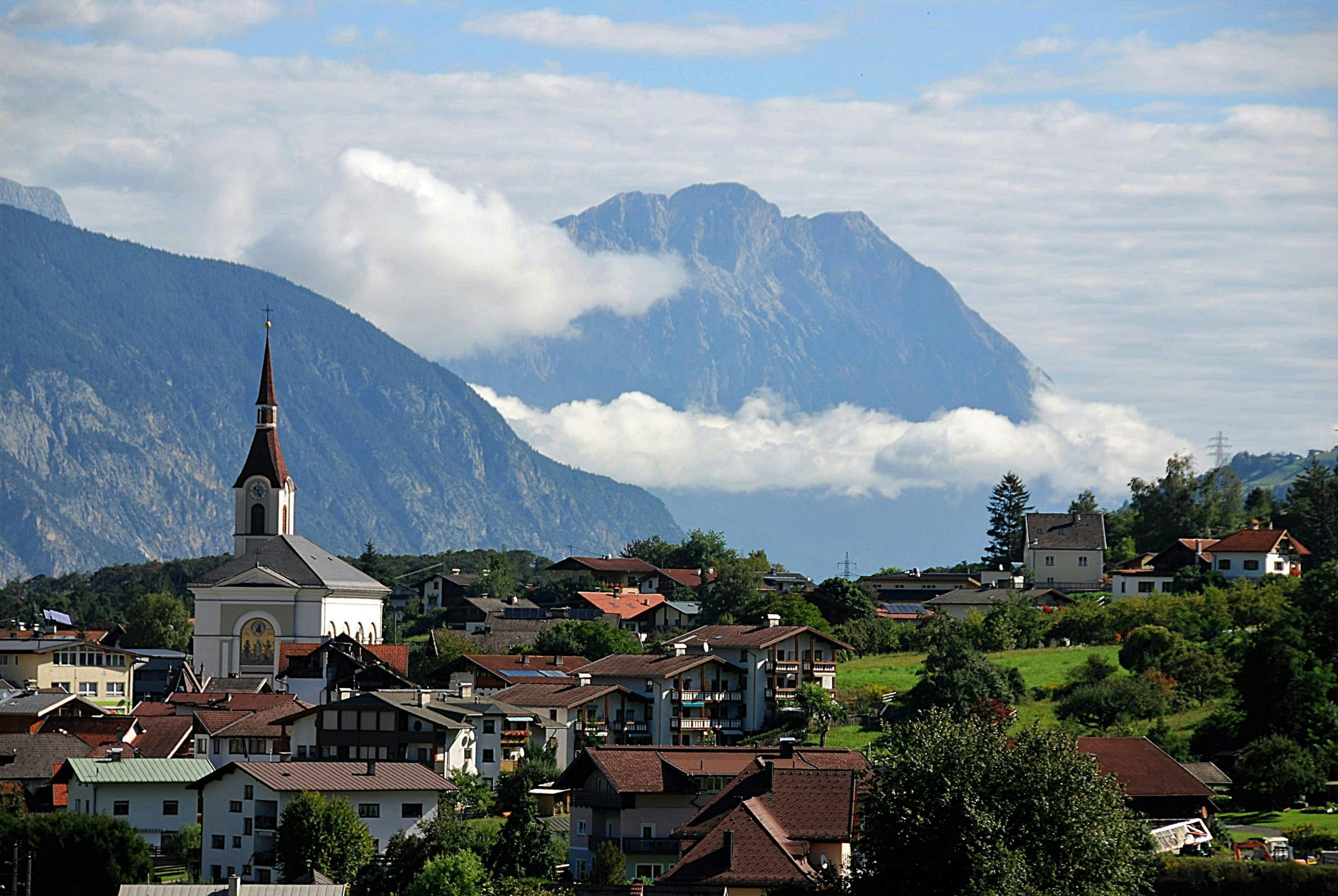
Switzerland: Towering peaks and famous neutrality
To the west of Austria we find Switzerland. A country that isn’t just about chocolate and precision watches (though those are very nice perks). Geographically, it’s a land of staggering beauty: the glacial peaks of the Matterhorn, the serene lakes reflecting charming towns, and green meadows where you half expect Heidi to come skipping by. (The story of Heidi was another childhood favourite of mine.) Switzerland is a country of linguistic diversity, with no fewer than four official languages: German, French, Italian, and Romansh.
While the country’s famed neutrality has kept it out of many wars, its literature doesn’t shy away from examining human conflict. On the contrary it seems to often delve into weighty themes.
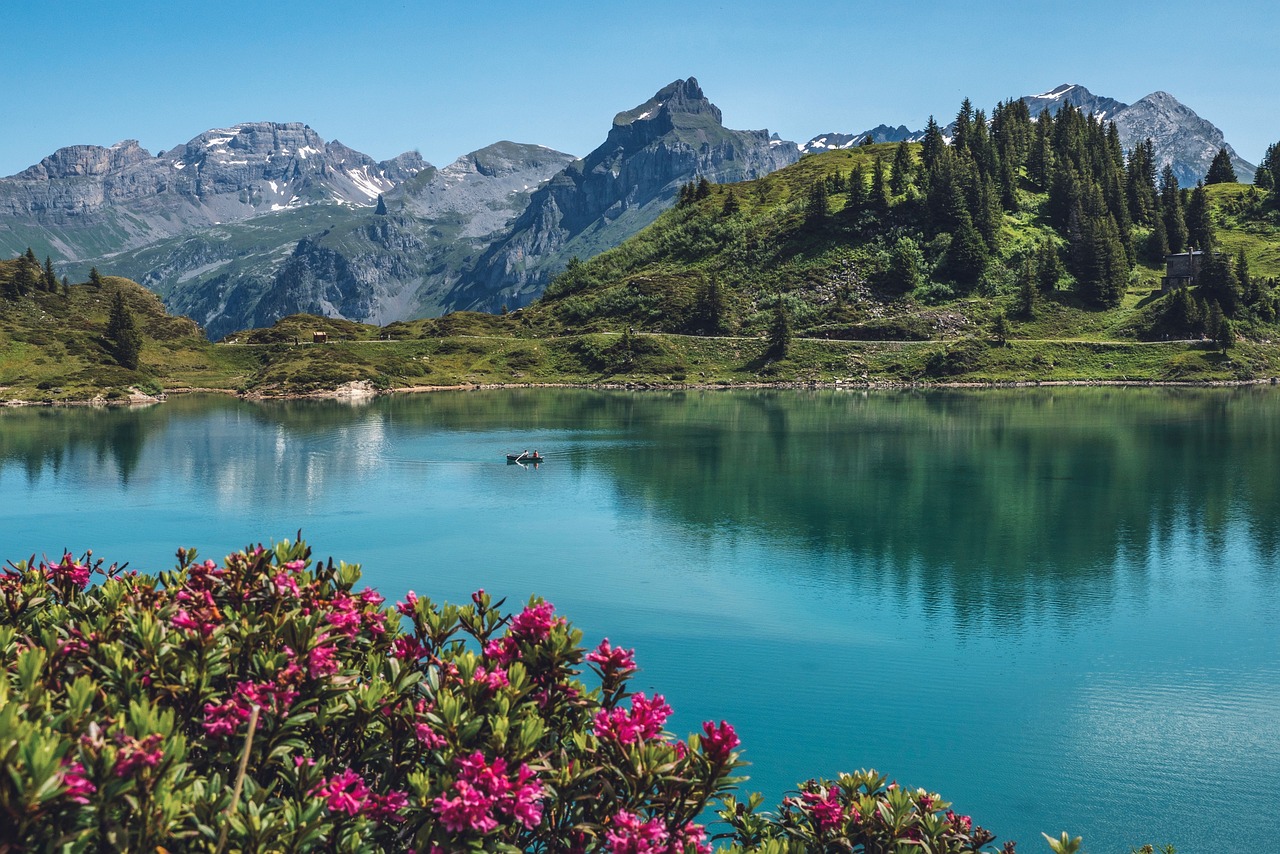
Liechtenstein – Blink and you’ll miss it
Liechtenstein is tiny – like, really tiny. Sandwiched in between Switzerland and Austria, the entire country is only about 25 kilometers long. The capital, Vaduz, is overlooked by a postcard-perfect castle where the royal family still resides, and the whole country is a mix of alpine serenity and modern affluence. Hiking trails crisscross the mountains, and in winter the ski slopes come alive.
Liechtenstein’s literary scene is (unsurprisingly) small, but that just makes the hunt for books from this microstate all the more intriguing. I wonder if it’ll even be possible to find a book from here.
And here’s a fun fact for you: Liechtenstein is the world’s largest producer of false teeth. Do with that what you will, but it’s just too delightful not to share.
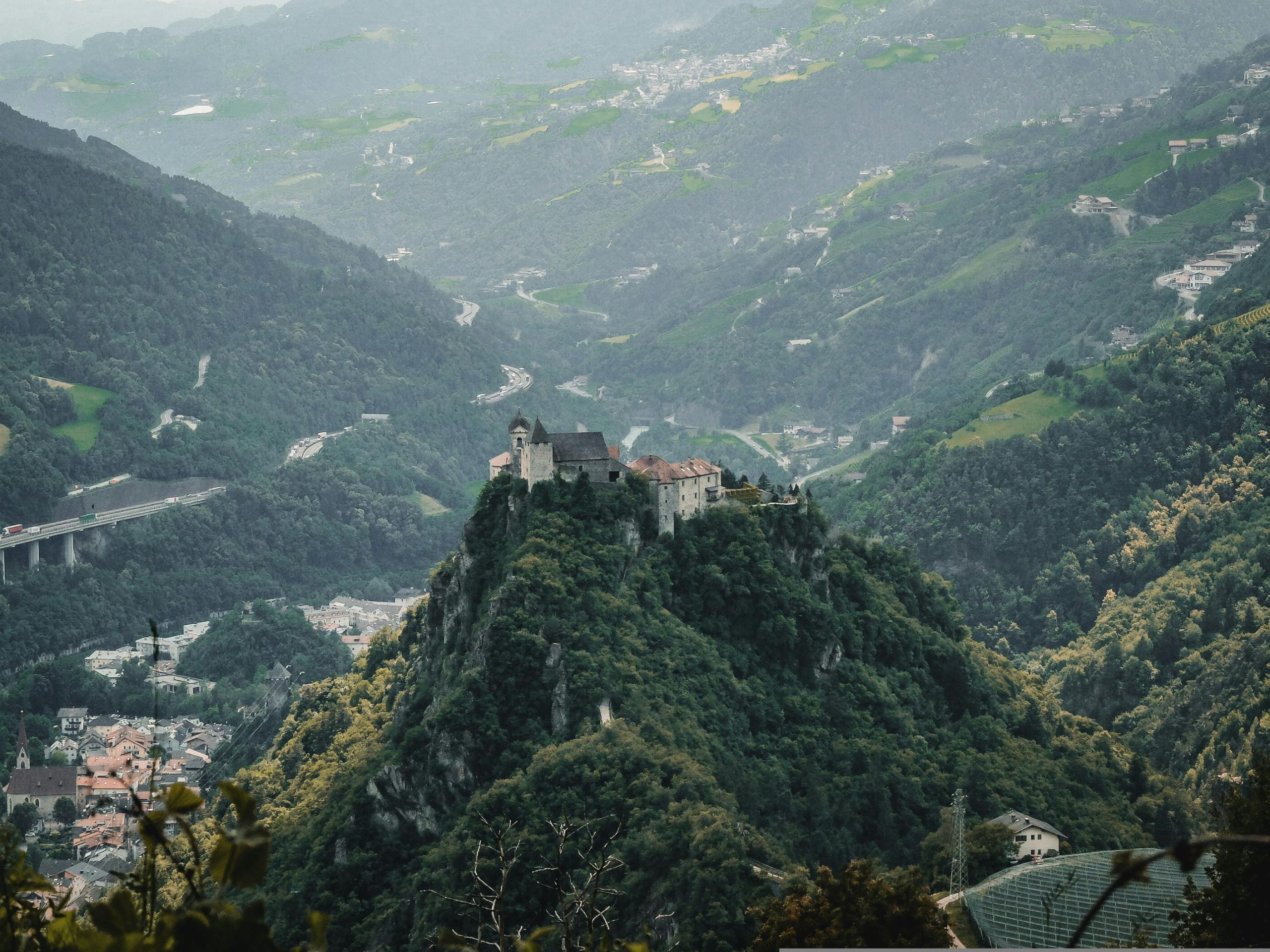
A region of war and reinvention
Before diving into the stories of a region, I like to take a little casual stroll through history. For me this sets the stage for the literature that follows. And the Germanic world has history in spades. A lot of which has been force fed into me during my school years!
It all begins with the Germanic tribes, whose clashes with the Romans are the stuff of legend. The Romans famously never fully conquered the barbaric Germania.
Switzerland carved out its independence in 1291 and gradually became the neutral, mountain-loving nation we know today. Austria, meanwhile, became the beating heart of the Habsburg dynasty, ruling over a patchwork of territories where dozens of languages and cultures coexisted —sometimes peacefully, sometimes not.
Germany remained a jigsaw puzzle of kingdoms until 1871, when Otto von Bismarck stitched them together through diplomacy and a few strategic wars. The newly unified Germany quickly rose to prominence — but ambition and nationalism led to the catastrophe of World War I, toppling empires and redrawing borders. As one of the many consequences of this, Austria-Hungary dissolved, leaving Austria the much smaller nation it is today.
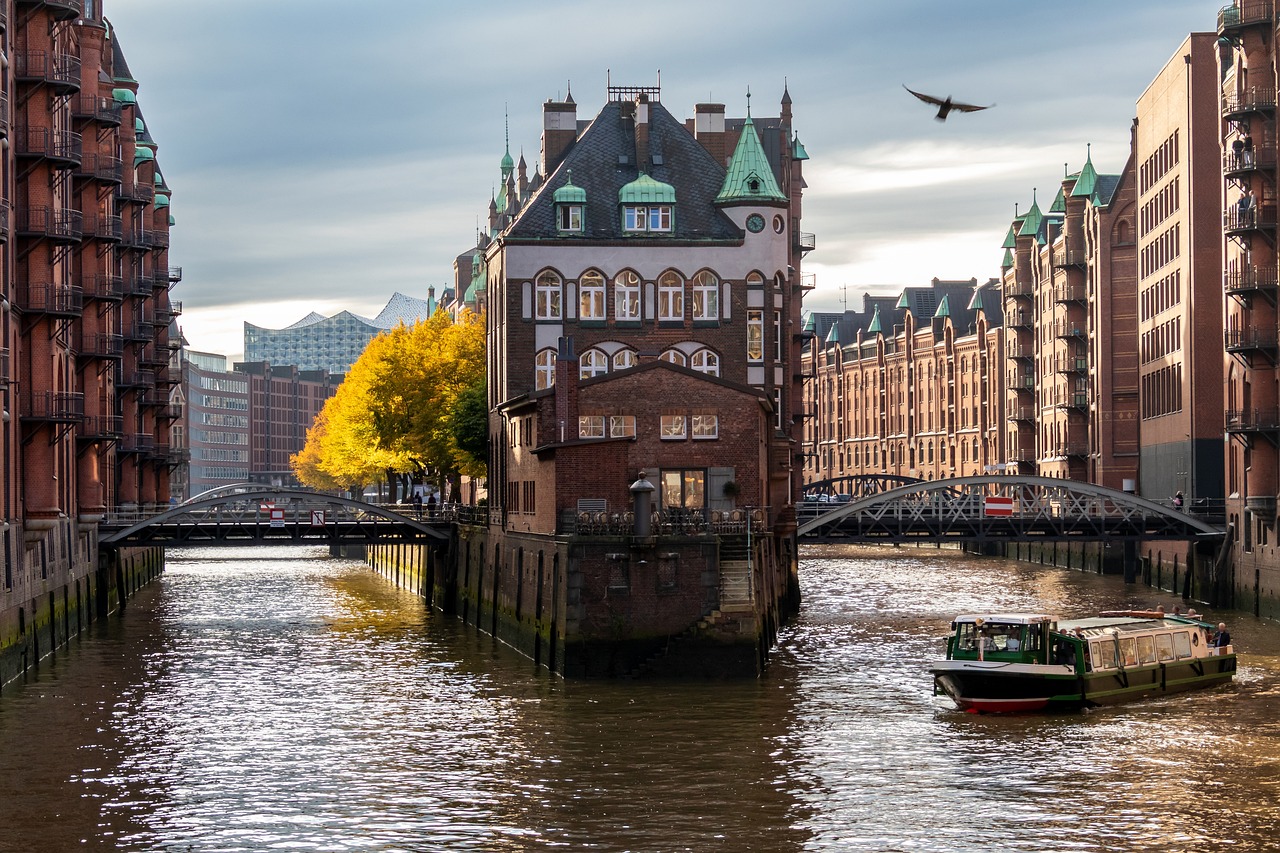
The aftermath of World War I was turbulent, but nothing compared to what came next. Economic hardship and political instability in Germany paved the way for Hitler’s rise, dragging the world into the horrors of World War II. The scars of that conflict are still very visible in the literature of these countries, especially in the innumerable stories told by holocaust survivors from all over Europe.
The rise of authoritarianism, the dangers of nationalism, and the importance of remembering the past to prevent future atrocities sadly remains deeply relevant today, these last months more than ever. Will humans never learn?
Post-war Europe saw West Germany flourish while East Germany remained under Soviet control until the fall of the Berlin Wall in 1989 — a moment that still gives me chills just thinking about it. I actually visited the newly re-united Berlin in 1990 as a highschool student. Germany’s reunification wasn’t without challenges, but today it stands as Europe’s economic powerhouse.
Austria reinvented itself as a cultural haven, and Switzerland carried on with its watchmaking, chocolate-making, banking and peaceful coexistence. Liechtenstein, meanwhile, quietly enjoyed its stability and wealth.
Join me as I explore the Germanic countries
But enough with the history. Over the next four weeks, I’ll be reading my way through these four countries, curating lists of recommendations along the way, and selecting, reading and reviewing one story from each myself. If you have favorite books or authors from this region, I’d love to hear your suggestions!
So grab a tall glass of beer or a piece of Sachertorte, and join me on this literary adventure through the Germanic world — one book at a time.



